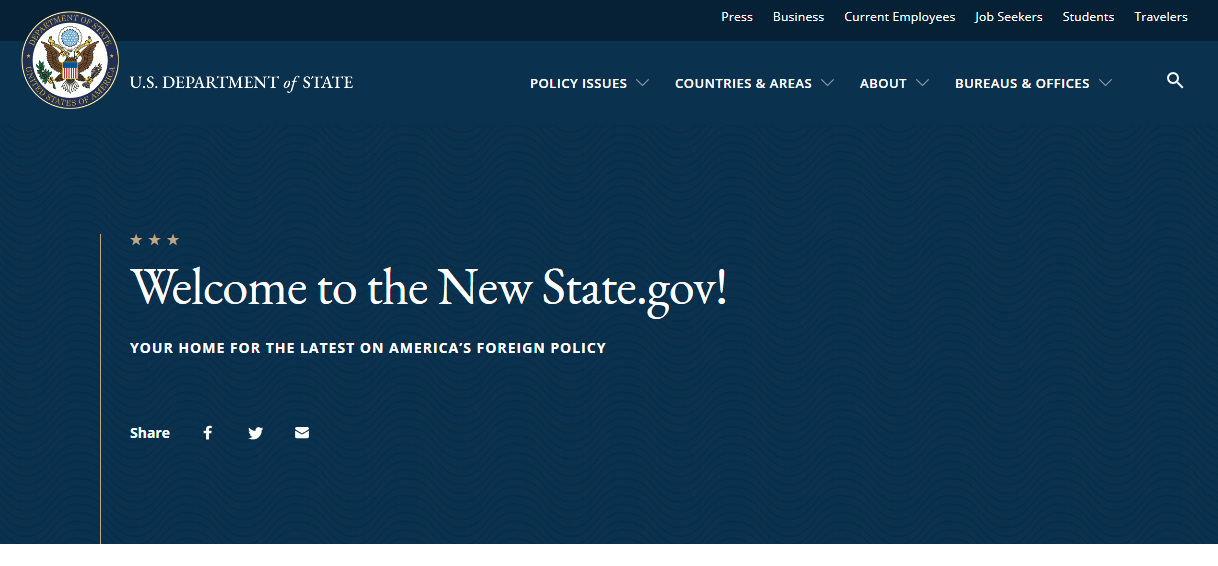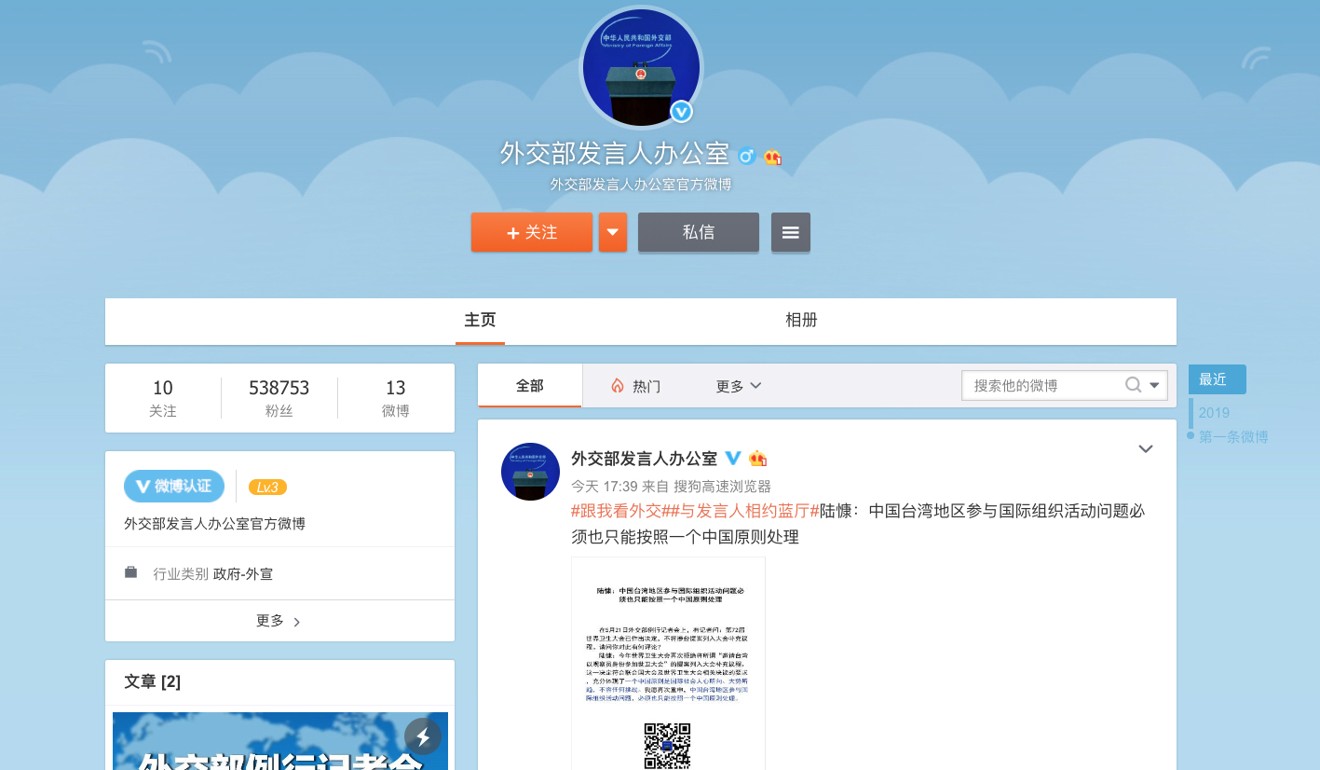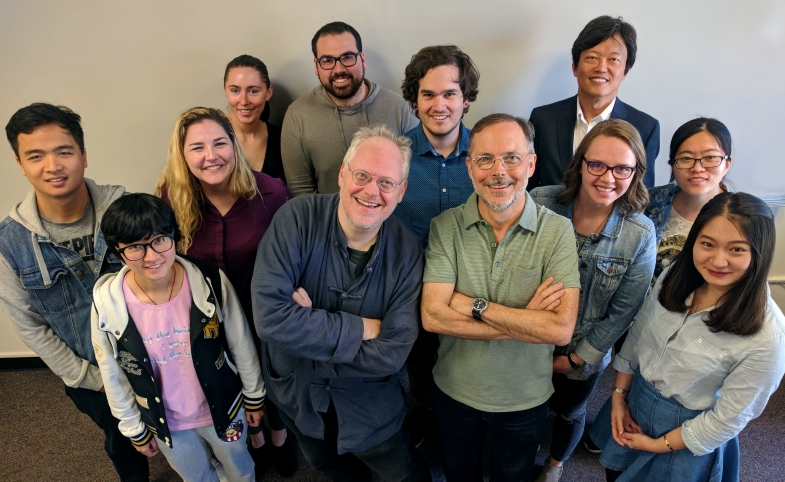Taxonomy of Public Diplomacy Perspectives
researchgate.net
Taxonomy of Public Diplomacy Perspectives | Download Table
Table 2- uploaded by Kadir Jun Ayhan
Content may be subject to copyright.DownloadView publicationTaxonomy of Public Diplomacy Perspectives
Source publication
The Boundaries of Public Diplomacy and Nonstate Actors: A Taxonomy of PerspectivesArticleFull-text availableJan 2019Kadir Jun AyhanPublic diplomacy (PD) lacks an agreed-upon definition and boundaries. The ambiguity surrounding the conceptualization of the term leads to confusion among scholars and practitioners and hinders the consolidation of PD as an academic field. This article surveys 160 articles and books on PD, categorizes diverse perspectives into a taxonomy, and explo...
ViewCitations... Following the September 11 attacks, "new public diplomacy" (Melissen, 2005;Seib, 2009;Snow, 2009) was introduced in order to move away from the one-way communication of old public diplomacy and toward two-way symmetrical communication practices. New public diplom..
Latest on Smart Power/the latest diplomacies …
blogs.gwu.edu
image (not from entry) from Internet
Latest on Smart Power
Eco-Diplomacy: What is it?by IPDGC | May 22, 2019 | Institute for Public Diplomacy and Global Communication, public diplomacyBy Cassie Rudolph (GWU, Political Communication, Class of 2020) Public diplomacy takes many forms, which are constantly shifting and adapting to meet the ends of an evolving world. The emergence of social media, for example, has changed the structure of many public...Seeing the Benefits of an International Educationby IPDGC | May 1, 2019 | Exchanges, Institute for Public Diplomacy and Global Communication, public diplomacyBy Tess Peterson, GWU undergraduate student (SMPA 2021) As a student in Washington, D.C., I knew the norm was to have an internship early in my college career. But I have had several! In fact, I’ve held three different positions, including the latest as Government...Futbol Diplomacyby IPDGC | Apr 5, 2019 | Cultural Diplomacy, Institute for Public Diplomacy and Global Commu..
United States Advisory Commission on Public Diplomacy
blogger.com
Our Mission
Since 1948, the United States Advisory Commission on Public Diplomacy [JB emphasis] (ACPD) has been charged with appraising U.S. Government activities intended to understand, inform and influence foreign publics and to increase the understanding of, and support for, these same activities. The ACPD conducts research and symposiums that provide honest assessments and informed discourse on public diplomacy efforts across government. It reports to the President, Secretary of State, and Congress. Currently, the office of the Under Secretary of State for Public Diplomacy and Public Affairs supports it.
Follow Us: Facebook [...]
For any questions, please contact the staff’s Senior Advisor Jennifer Rahimi at rahimijy@state.gov.
[Commencement Address by Ambassador Robert Gosende, Practitioner of Public Diplomacy par excellence]
Keuka College: Commencement speaker and retired ambassador Robert Gosende offered a global perspective during Keuka College's 111th Commencement. (Photo: Rachel E. Dewey)
- Madame President-- Mr. Board Chairman-- Distinguished other Board Members, especially Rev. Dr. Marlowe V.N. Washington,-- Distinguished and talented Faculty here at Keuka College,-- And most important of all today: graduating members of the Class of 2019:-It is my great honor to be with you today. You have bestowed on me the greatest honor of my life by inviting me to speak to you on the 56th anniversary of the rev. Martin Luther King’s appearance here in 1963. I am daunted and humbled and very nervous as I attempt to meet this challenge and uphold your high standards. I hope that you will find my remarks useful.
I am embarrassed that my generation is leaving you with so much to do to set our country back on a more civilized course. That is cert..
Welcome to the New State.gov!
People from around the world rely on State.gov as a primary resource for information on U.S. foreign policy. With you in mind, we’ve completely...
Daryl Copeland Guerrilla Diplomacy
Daryl Copeland discusses his book, Guerrilla Diplomacy: Rethinking International Relations, in which he charts the course for a new kind of diplomacy, one in tune with the demands of today's interconnected, technology-driven world.
Are Retired Ambassadors Digital Diplomacy Assets?
The origins of digital diplomacy may be traced back to the search for “cost-effective” diplomacy at the beginning of the 21st century. The end of the Cold War was accompanied by reductions in the funds allocated to public diplomacy activities. The demise of the Soviet Union was supposed to be replaced by a homogenous capitalist world order headed by the United States. There were no more publics that needed to be influenced. Yet the 9/11 terror attacks, and subsequent War on Terror, all demanded a renewed commitment to public diplomacy. This commitment was not necessarily supported by new resources. MFAs thus began to search for cost-effective diplomacy, a quest that led them to the digital world. Through digital technologies MFAs could create virtual global Embassies, converse with global populations and manage their nation’s image without building new facilities or erecting new establishment in the physical world.
More than a decade into the era of digital diplomacy it is evident tha..
China’s foreign ministry finally starts using Weibo to promote its message to millennials
The official voice of China’s foreign ministry has made its debut on Weibo, one of the country’s biggest social media platforms, as it tries to better connect with younger Chinese, 10 years after the microblogging site first began operations.
Foreign Service Stereotypes
When I was in college, I longed to travel and get paid to do it. So I asked a family friend—a British businessman—for career...
Blast from the Past (II): The Purposes and Cross-Purposes of American Public Diplomacy
foreign policy. Information, education, culture, and—yes—propaganda make up the principal facets of this area of responsibility. If, as he notes, those functions are sometimes at cross-purposes, the author nonetheless contends that those tensions can contribute to a more effective presentation of America’s story to the world.—Ed.Do I contradict myself?
Very well then I contradict myself,
(I am large, I contain multitudes.)—Walt Whitman, Song of MyselfThe war on terrorism has brought American public diplomacy1 to the fore of national attention. While support for these programs waned after the Cold War, American opinion-makers in government and the media now agree that they should be a more widely-used tool of U.S. foreign policy, especially in the Muslim world. The view exists, however, that public diplomacy’s pr..





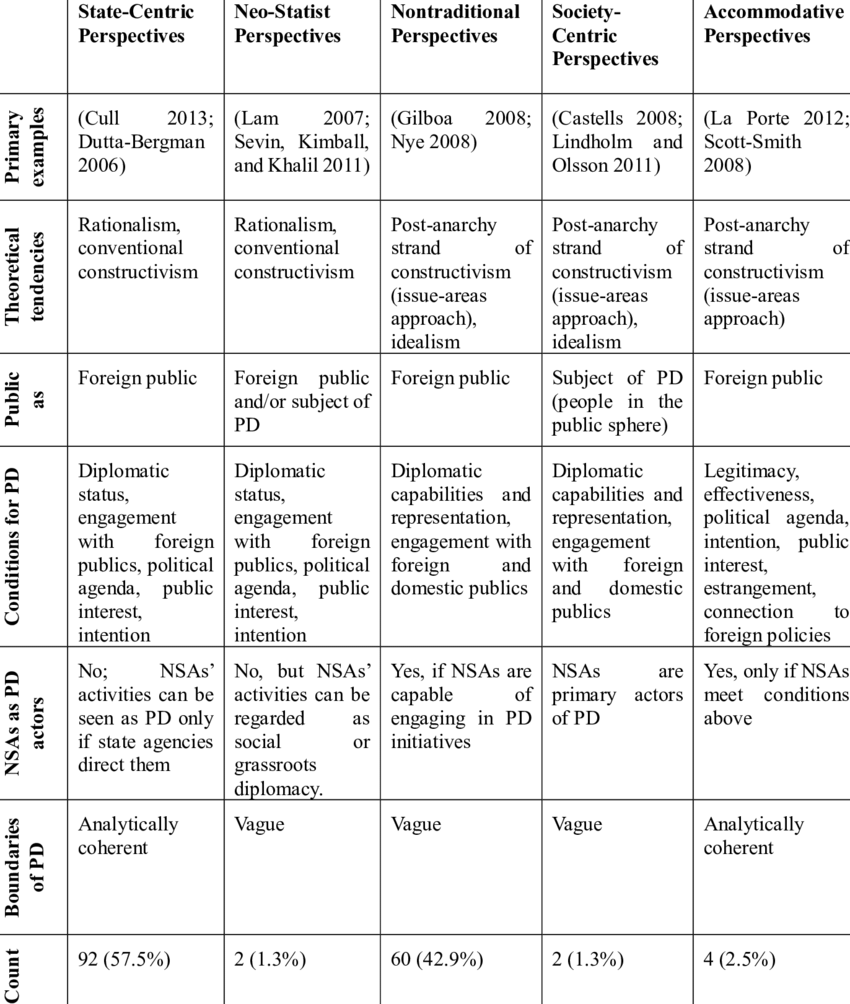
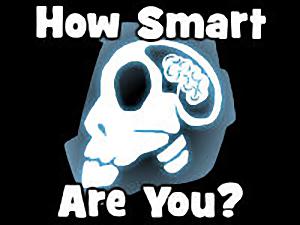

![[Commencement Address by Ambassador Robert Gosende, Practitioner of Public Diplomacy par excellence]](https://www.bidd.org.rs/wp-content/uploads/2019/05/comm2019-gosende.jpg)
